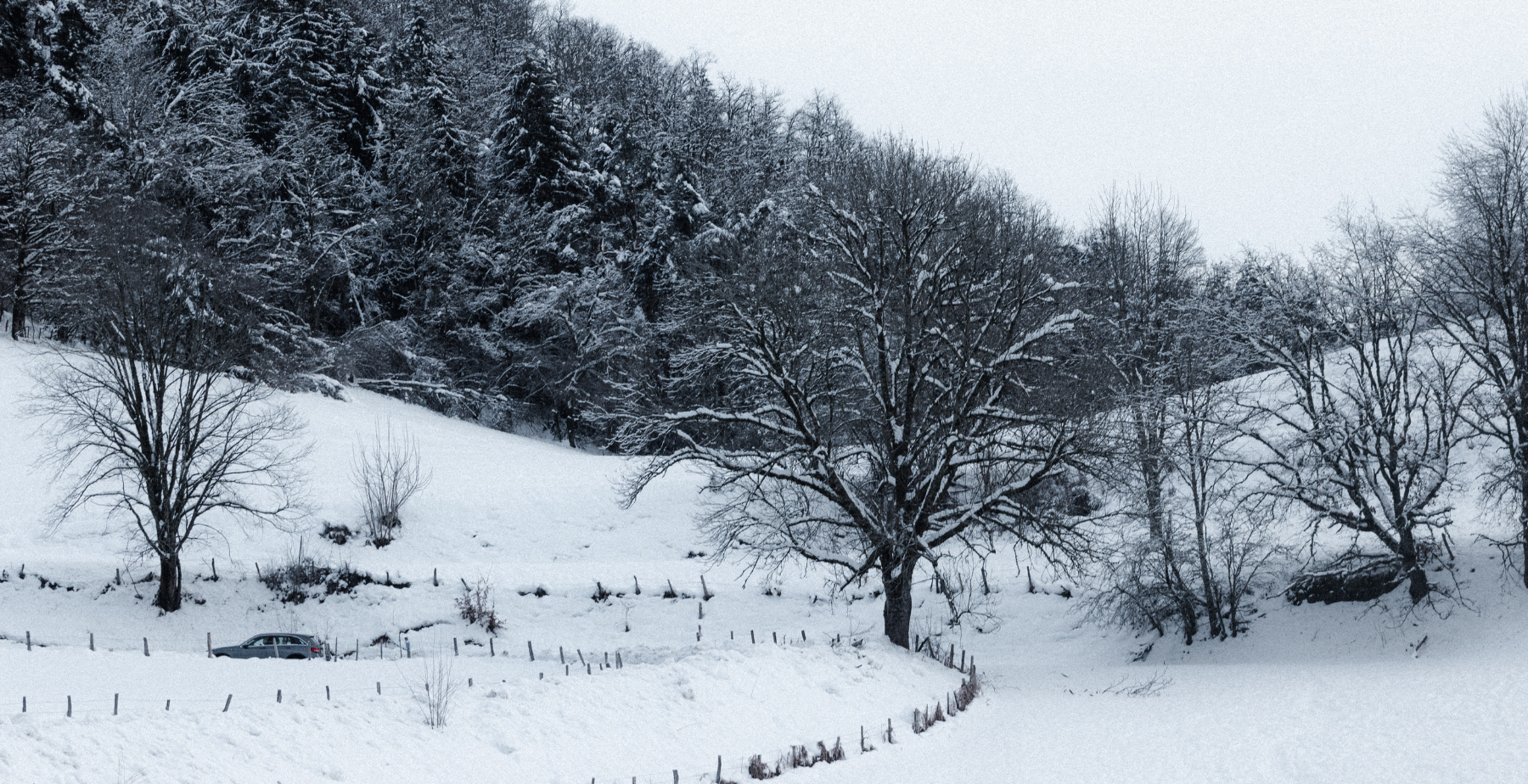
January: What to Plant in Your Garden Right Now in Tennessee
We are swiftly making our way through winter in Tennessee! The new year has begun, and the secret to a great garden is winter prep.
January in Tennessee can be a cold month, but there are still several tasks you can undertake in your garden to prepare for the upcoming growing season.
Here are some general recommendations for things to do in your Tennessee garden in January:
Things to Do, Plant or Start During January in Tennessee
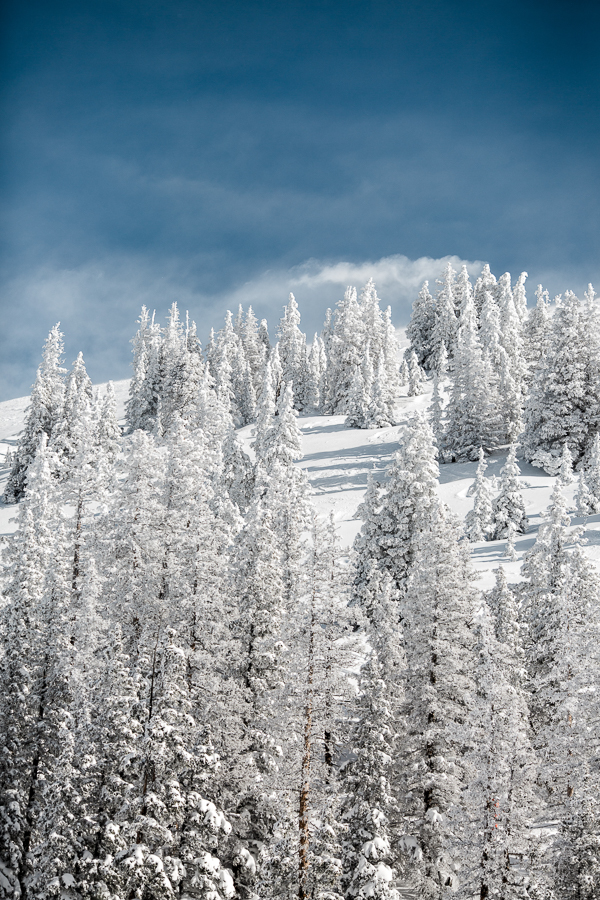
Prune Trees + Shrubs
The frost has probably totally taken out your last remaining plants and crops. Now is the time to get rid of the old! Make way for the new by burning or raking out old plants and shrubs.
While trees and shrubs are dormant, now is the time to remove dead or damaged branches. Shape the plants as needed. With all of the brush mostly gone, the trees are a lot easier to get to so it’s an ideal time.
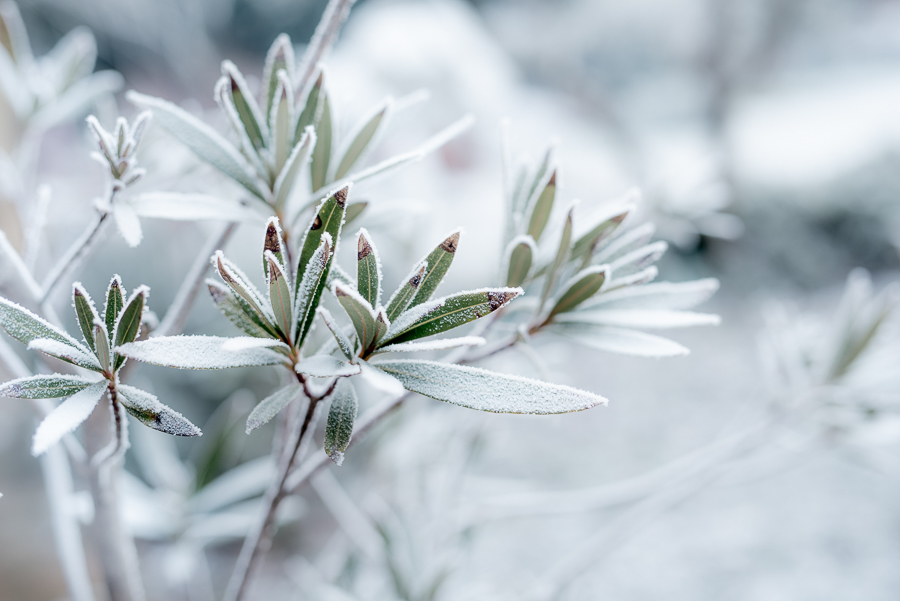
Clean Up Garden Beds
Remove any remaining plant debris from your garden beds to help prevent the spread of diseases and pests. Create a nice palette for your next crop or bloom.
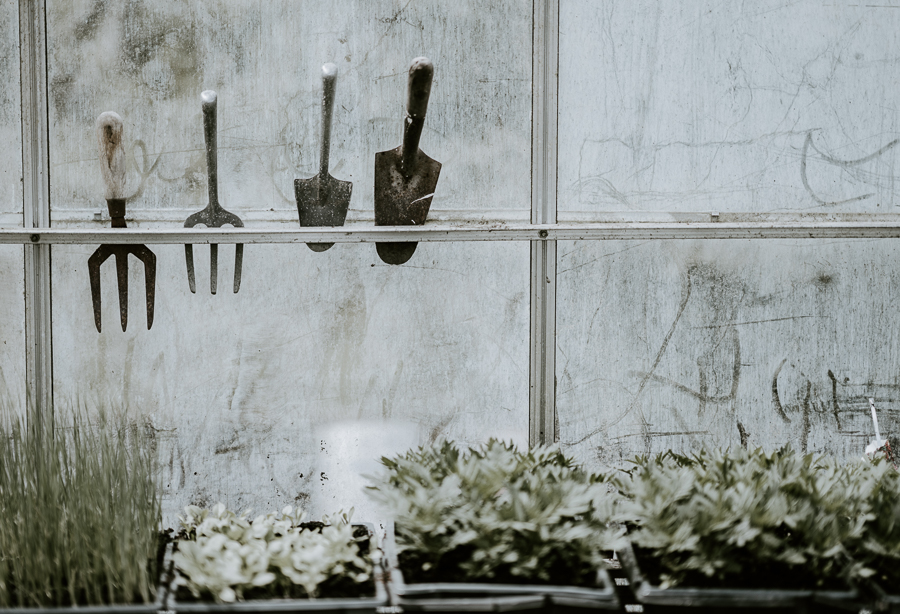
Prepare Garden Tools
Take the time to clean, sharpen, and oil your gardening tools. This ensures they are ready for use when the growing season begins. Tools can be pricey so maintaining them is key.
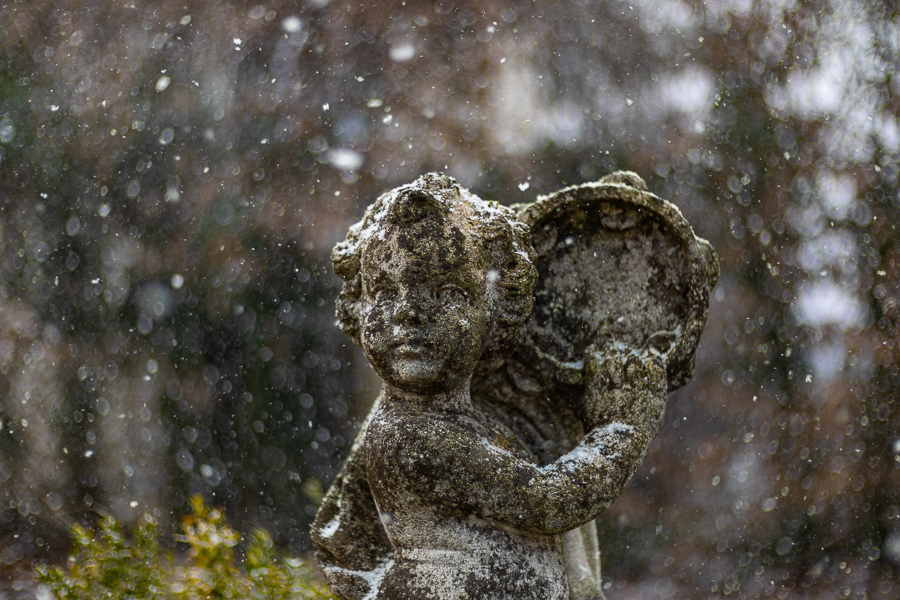
Plan Your Garden
Laying out a garden can be a game changer. Start researching what grows well in your area and create a plan. Draw out a layout to keep things organized. Use a pencil so you can erase the layout if you change your mind! You can even order seeds online to have on hand and ready for the spring.
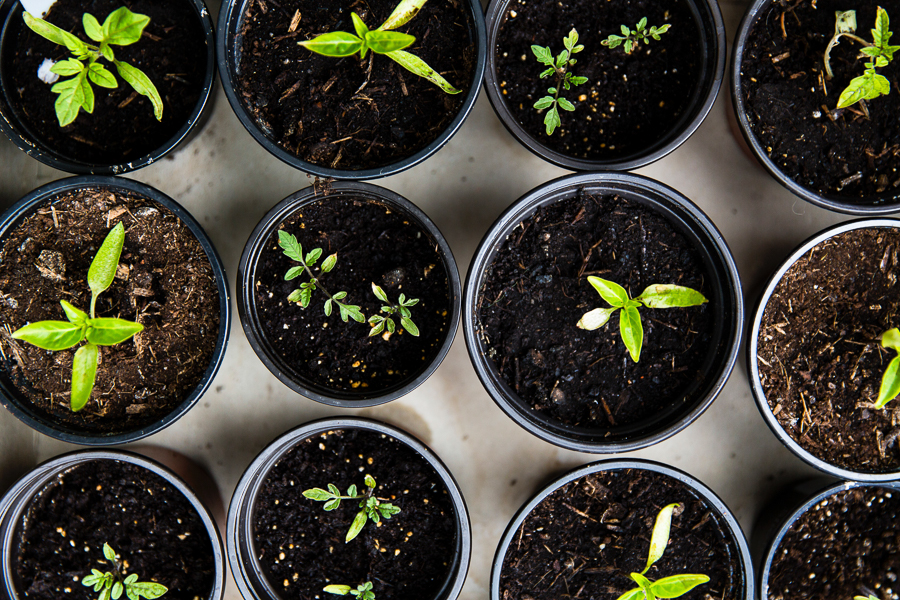
Indoor Seeds
Start seeds indoors for plants that require a longer growing season, such as tomatoes and peppers. This will give them a head start before transplanting them outdoors in the spring.
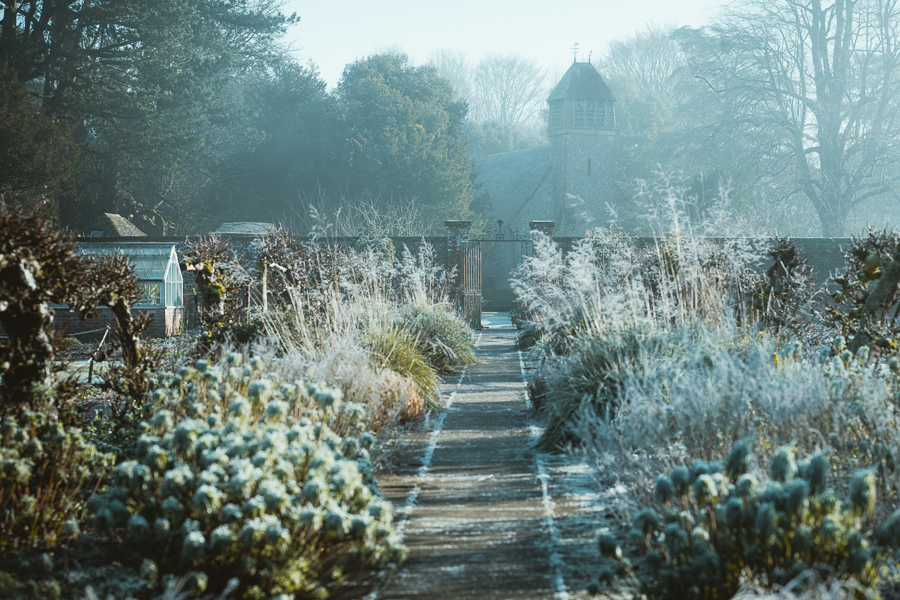
Protect Plants from Frost
Remember that huge ice storm Tennessee had a couple years ago? Ice can be a problem in the state especially during these winter months. If you do have plants outdoors, be prepared to cover tender plants on nights when frost is predicted. Have frost blankets or old bedsheets on hand to protect sensitive vegetation.
Nothing takes out those long stem rose bushes like an ice cold winter frost.
Apply Mulch
Add a layer of mulch to protect plants from temperature fluctuations and help retain soil moisture. Mulching also helps control weeds. While this isn’t totally necessary, it can help.
Compost Management
If you’re really into gardening, you probably have a compost station set up. If not, it’s so easy to start. Just collect raw organic materials like food scraps or leaves. By combining and letting it set, you create a nutrient dense material for your garden beds. If you have one in place, you will want to turn and aerate your compost pile to facilitate decomposition.
Soil Amendment:
- If you haven’t conducted a soil test recently, consider doing so. This will provide valuable information about the nutrient levels in your soil, helping you plan amendments for the upcoming growing season.
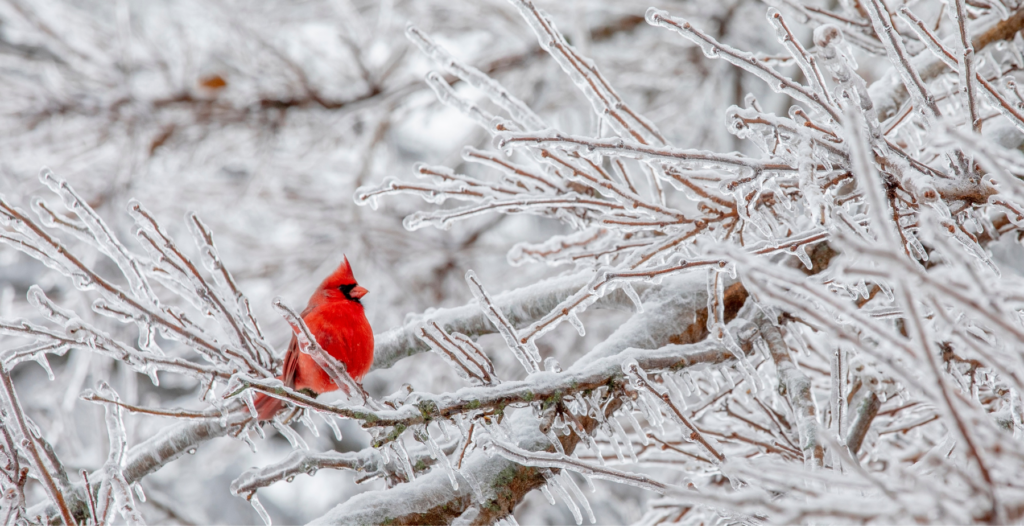
Bird Feeders:
- Set up bird feeders to attract and support wintering bird populations. Birds can contribute to pest control and add a lively element to your winter garden. You will also enjoy seeing them in a rather plain and grey setting – especially the bold red cardinals you can’t miss! May we suggest a pair of nice binoculars for bird watching?
Remember to check your local frost dates and specific climate conditions for your region in Tennessee, as they can vary, and some regions may experience milder winters than others. Additionally, be prepared to protect your plants from frost with row covers or cold frames as necessary.


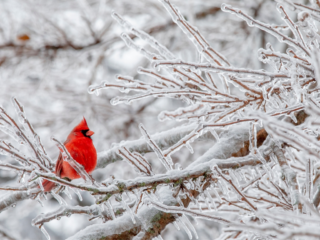


Leave a Reply